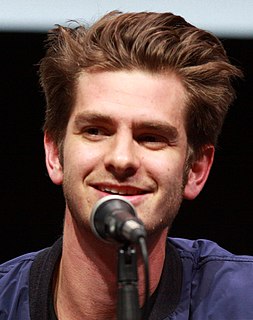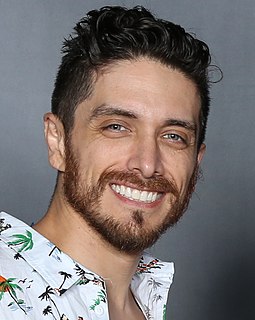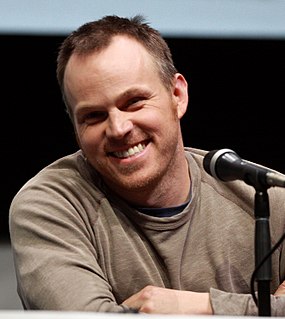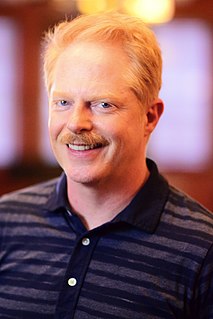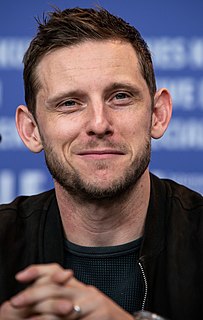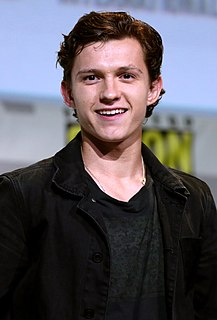A Quote by Andrew Garfield
Obviously making Peter Parker suddenly bisexual or gay wouldn't really make logical or dramatic sense. It was a hypothetical kind of question about the nature of these comic book characters and the nature of this particular character, and whether sexuality, race, any of those things makes any difference to the character of Peter Parker.
Quote Topics
Related Quotes
Nerds are running the world. Andrew Garfield made a movie [called “The Social Network”] about it. Nerds are no longer pariahs and knowing how to write computer code is longer a [mocked] quality. What was important in those early comics was this notion that Peter Parker is an outsider and how we define that in a contemporary context. That, I think, was one of the challenges for us — getting Peter Parker’s outsider status to be current.
I kind of cheer the presence of any gay characters at all - I think the more we can saturate television with any gay character or lesbian character or transgender character, I think that's a really great thing. We're kind of getting past the fact that they're the punchline or that they're the novelty.
In a word, acts of any kind produce habits or characters of the same kind. Hence we ought to make sure that our acts are of a certain kind; for the resulting character varies as they vary. It makes no small difference, therefore, whether a man be trained in his youth up in this way or that, but a great difference, or rather all the difference.
Any script, even like The Founder, if it's something that I imagine myself playing this character or that character - any of the characters, basically - how do we flesh these characters out to be good enough to have amazing actors that come in that make it really difficult for them to say no? Even though I'm not right for any of those parts, that's just kind of how we go about it.
Peter Parker is probably the most relatable superhero - maybe ever - because he goes through something that basically everyone has to go through. Whether it's puberty or talking to girls or doing homework, he does it in such a human way. That's why he's such a beloved character: because so many people can relate to him.
Many writers write across difference of one kind or another. Sometimes the difference is large and recognizable: gender, or race, or religion, or sexuality. And sometimes the differences are smaller. ... Where authors get into trouble is in trying to make those different characters stand in for whole groups of people, or for creating characters only to fetishize or explore their supposed otherness. Your character can be wildly different from you, as long as he's written with respect and, moreover, specificity.
